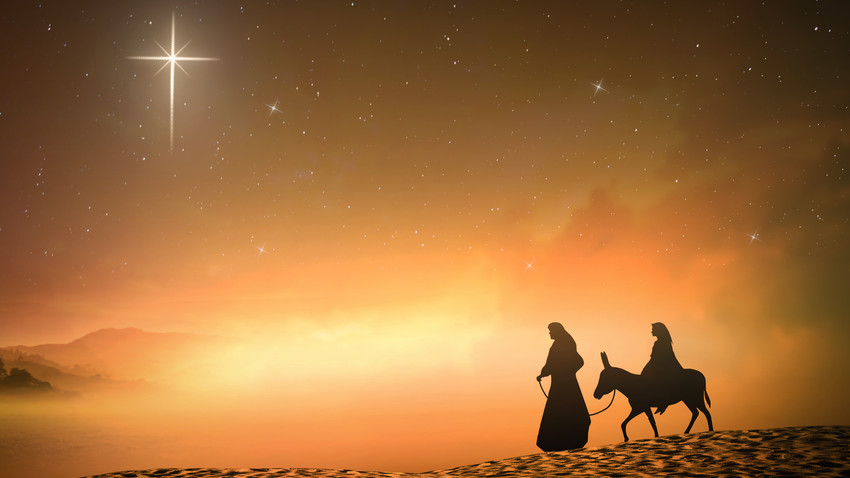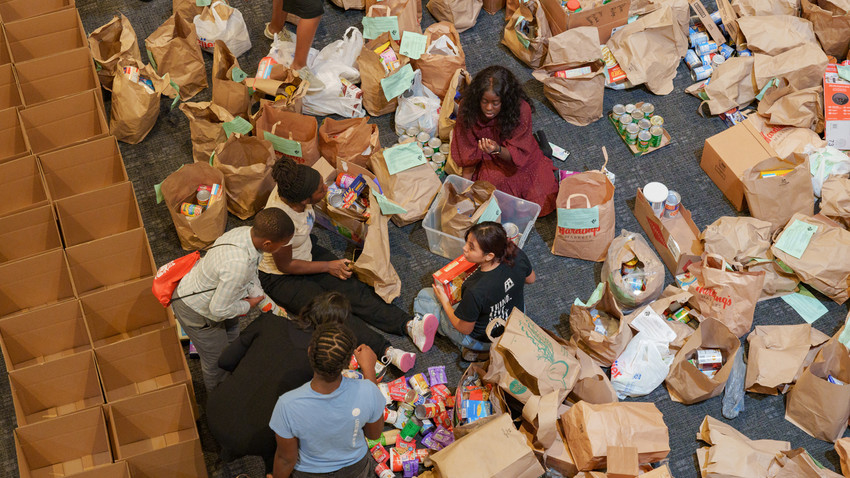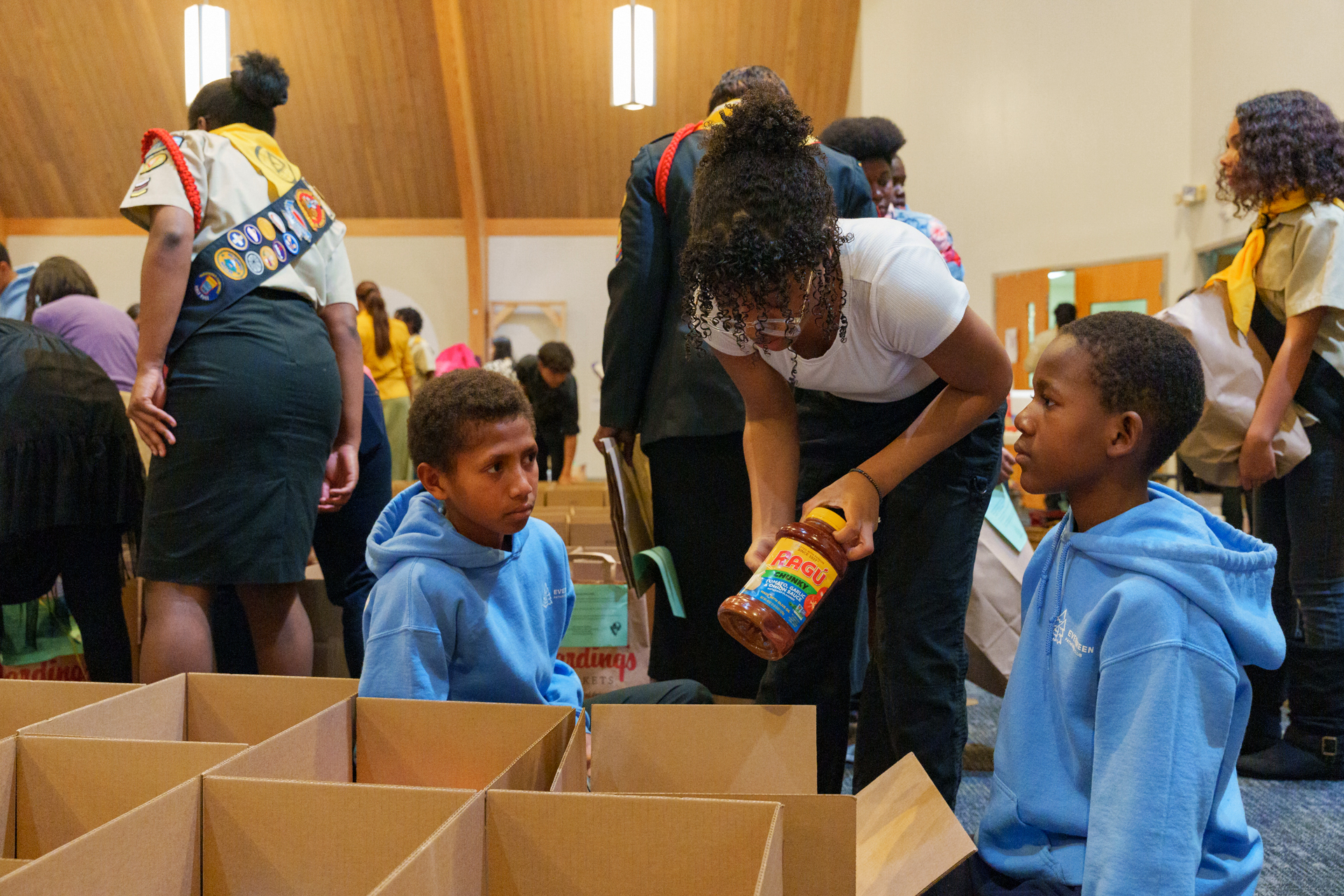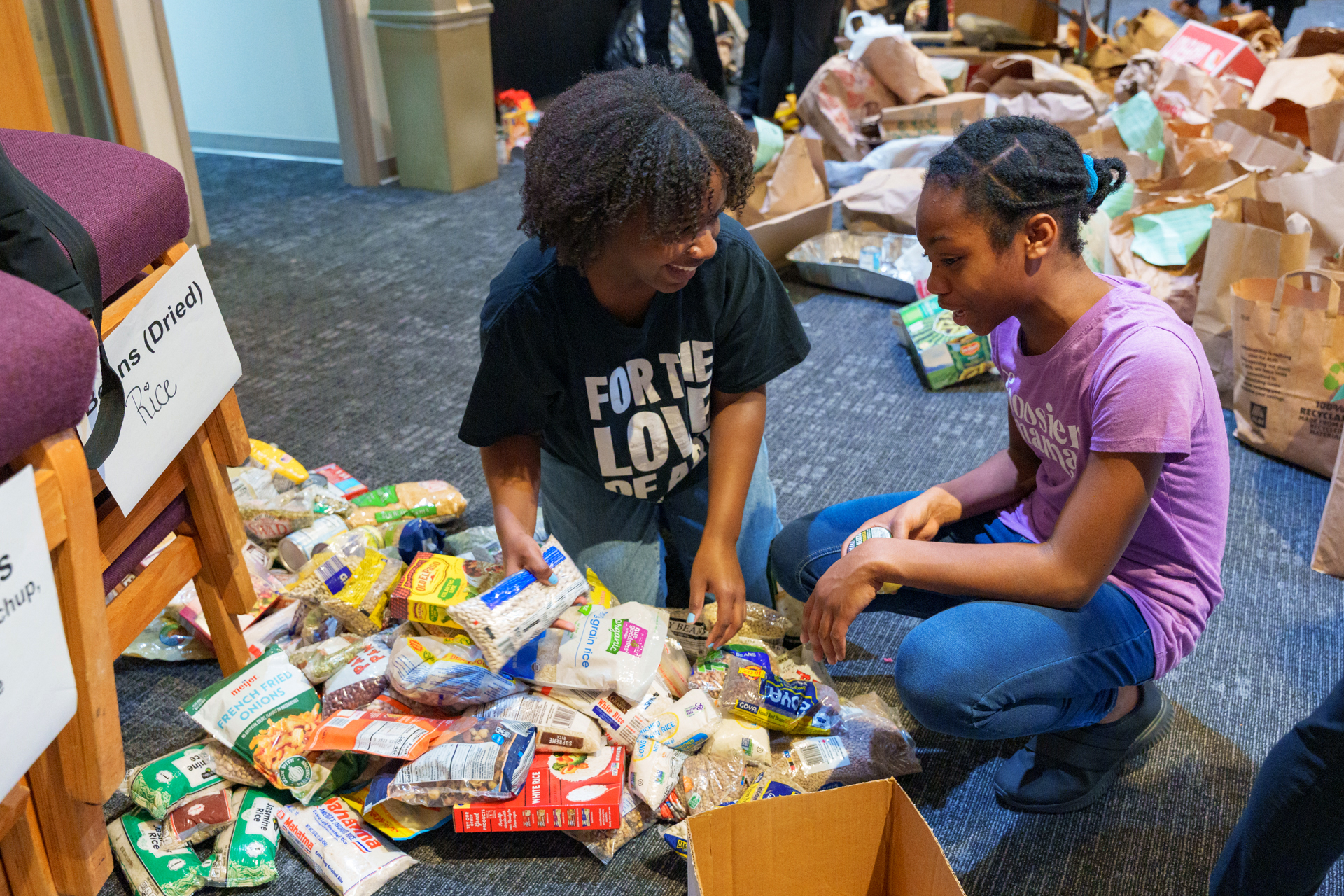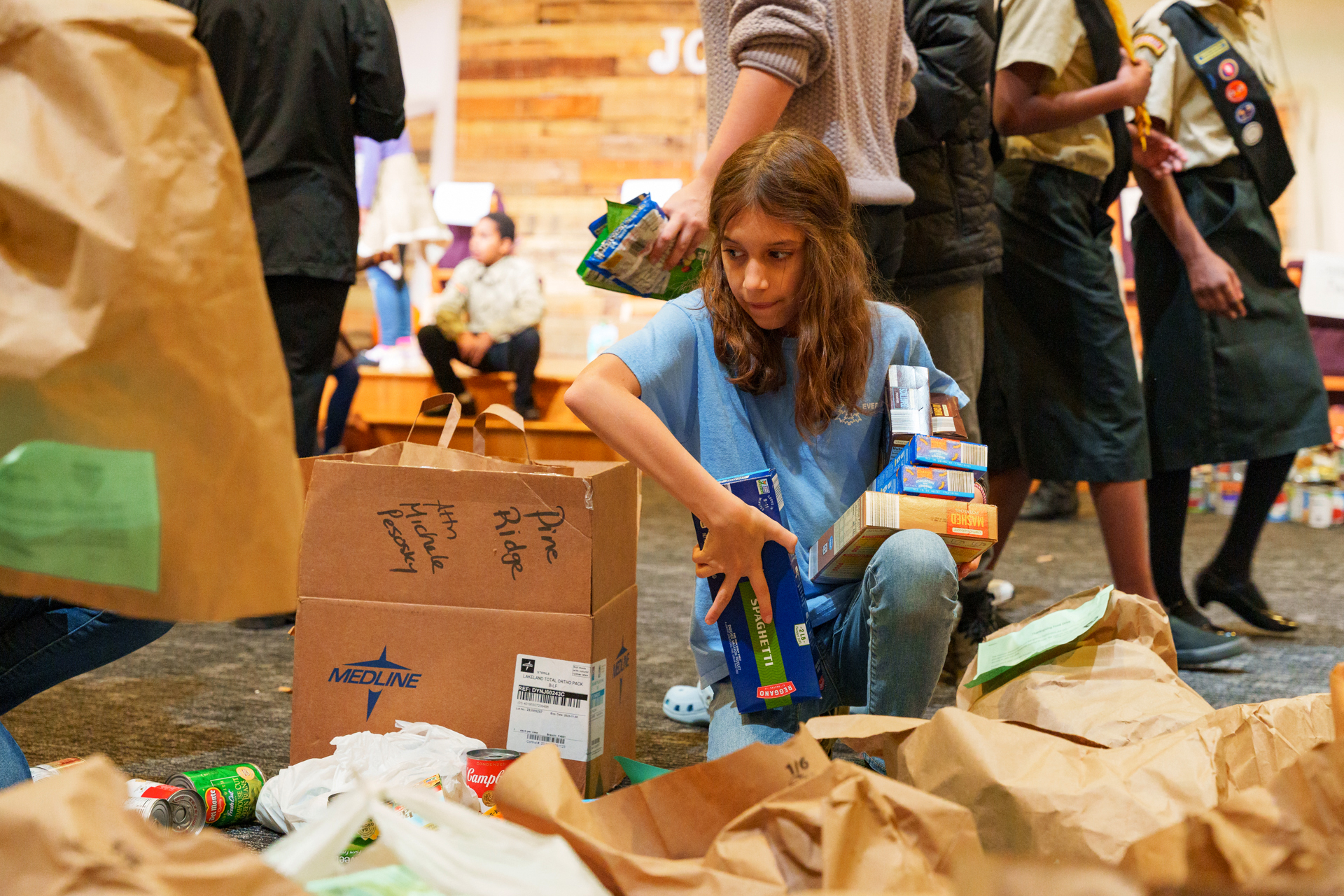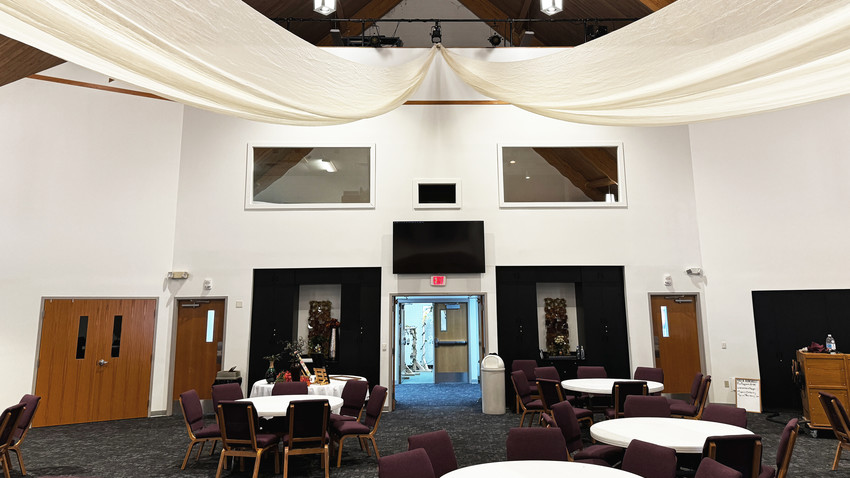I admit, I can be a little bit like the Grinch during the Christmas season. Ok, a lot like the Grinch. While I haven’t gone as far as to take down Christmas decorations, I’ve never been known to celebrate as the decorations go up. It’s a mixture of feelings between “too soon” and “oh, here it comes, again.” I don’t know whether this comes from my love for the Thanksgiving season or the trappings of the seemingly ever increasing hustle bustle that the Christmas season represents. The joy of the holiday season often seems to be replaced with stress and a hint of dread.
Yet, this year is different.
Not much has changed in my life since last year. Family, work, home, and everything else have been nothing but positive in my life (very thankful for that!). The only thing that is different this year is my attitude towards the holiday. This year I’ve decided to give celebration a chance. It was an intentional choice to lean into the moment and experience of celebrating all the good and the happiness that season can represent.
Celebration.
As a very goal oriented individual, celebration is not an activity in which I engage very often. Rather, I push on from one major event to the next, one project to the next, one week to the next without taking time to truly celebrate the moments of success, or the moments of joy. And, when I describe it that way, maybe the hustle and bustle of the Christmas season has less to do with the holiday and more to do with… me?
In his book, The Ruthless Elimination of Hurry, Pastor and Author, John Mark Comer writes about our modern society’s obsession with hurry, hustle, and bustle,
The same [slowing down] is true for joy and peace—two of the other core realities of the kingdom. Love, joy, and peace are the triumvirate at the heart of Jesus’s kingdom vision. All three are more than just emotions; they are overall conditions of the heart. They aren’t just pleasant feelings; they are the kinds of people we become through our apprenticeship to Jesus, who embodies all
three ad infinitum.
And all three are incompatible with hurry.
The Christmas season marks an amazing opportunity to remember Jesus as the source of love, joy, and peace. Celebration means a slowing down to experience the gifts that God has given us this season. Every day is a gift. Every moment is a gift. Even the days and moments that are encapsulated in tragedy and heartache. And, yes, even the moments of Christmas hustle and bustle. The gift given is that Jesus is King with a kingdom he wants to build in our hearts and in our community around us. It’s the same kingdom that he began building when he arrived on Earth as a baby in Bethlehem. And, it’s the same kingdom he represented as rode triumphantly into Jerusalem in Mark 11.
The crowds stopped their everyday activities and took in the moment. The moment led to celebration. With years long anticipation, exhaustion, and hope all built up to this moment, the crowds shouted out,
“Hosanna!
Blessed is he who comes in the name of the Lord!
Blessed is the coming kingdom of our father David!
Hosanna in teh highest!”
Mark 11:9-10
This season Jesus is still the triumphant king entering into whatever heart, home, gathering, office building, or space given to Him. He’s the same king providing love, joy, and peace. His coming is only truly experienced when you stop and celebrate Him, even in the middle of this season’s hustle and bustle.
So, this season celebrate the king and experience the love, joy, and peace He brings.
